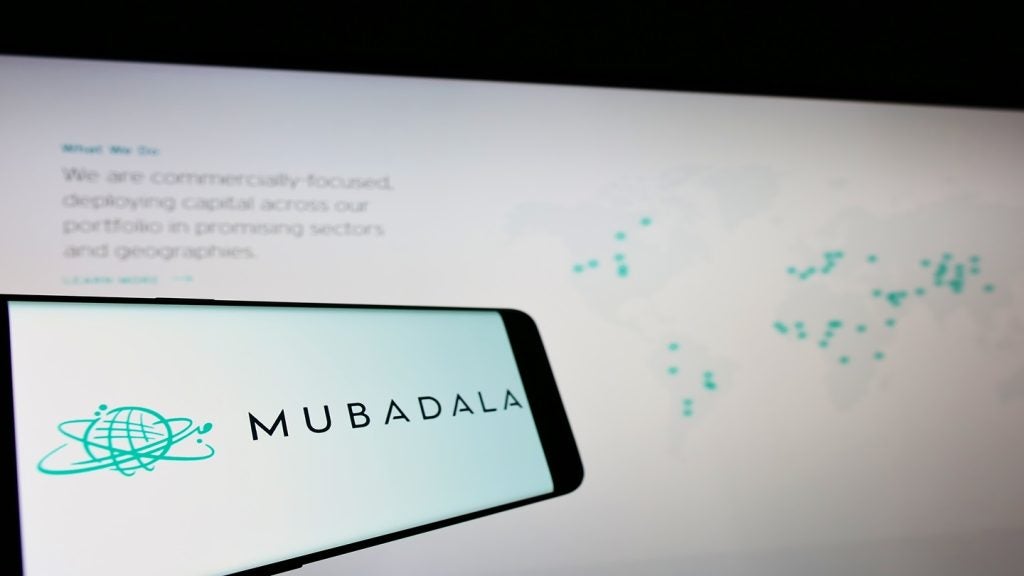With an incumbent socialist government and high levels of taxation, it would seem that France is a less favourable environment for wealthy individuals. However, WealthInsight data forecasts a growth in the high net worth population in the country. John Schaffer delves into the findings
It has been well publicised that the French economy has been going through a tumultuous period. The French President, François Hollande, has been the country’s least popular leader to date with an 18% approval rating.
France suffers from high unemployment rates at 10.2%. In particular, younger members of French society have suffered the most as youth unemployment rose to 23.8% in 2014.
The clear lack of public confidence in Hollande’s socialist government has come about due to a diminutive majority in parliament, paired with a perception of poor economic decisions.
The French economy has been largely stagnant as GDP growth fell by 1.8 % between 2011 and 2012, rising slightly by 0.1 % between 2012 and 2014. Some of the slowdown can be attributed to the country’s poor export performance, with a $70bn difference between imports and exports. France’s eurozone membership also means that there is little manoeuvrability with currency.
How well do you really know your competitors?
Access the most comprehensive Company Profiles on the market, powered by GlobalData. Save hours of research. Gain competitive edge.

Thank you!
Your download email will arrive shortly
Not ready to buy yet? Download a free sample
We are confident about the unique quality of our Company Profiles. However, we want you to make the most beneficial decision for your business, so we offer a free sample that you can download by submitting the below form
By GlobalDataFrance is the third-largest economy in Europe after Germany and the UK. Its public debt increased following the 2008 financial crisis to 94.8% of GDP in 2014, from the 82.4% seen in 2010.
Wealth Landscape
According to data from the WealthInsight database, there were 563,675 high net worth individuals (HNWIs) in France in 2014, holding $2.2tr in wealth. Although it has been a challenging climate for wealthy individuals in France, WealthInsight findings show that HNWI numbers grew by 1.6% in 2014, after a 4.1% rise in 2013.
WealthInsight forecast that the number of HNWIs will grow by 24.7%, reaching 726,508 by 2019.
The majority of wealthy individuals were concentrated in the country’s capital, Paris. The Parisian HNWI population was 221,847 in 2014, accounting for 39.4% of all HNWI in France. Marseille had a population of 5,353 HNWIs in 2014, accounting for 0.9% of the total.
Dr Roselyn Lekdee, economist at WealthInsight, tells PBI:
"The regional economic conditions in the Eurozone area certainly give a promising outlook for the French millionaires over the forecast period (2015-2019). As stronger growth in the Eurozone area, facilitated by the European Central Bank’s £790 asset purchase stimulus programme, has partially paved the way for economic recovery."

Tax highs
The socialist French government has created an unfavourable climate for the country’s wealthy individuals, due to high levels of taxation and a largely anti-rich rhetoric. Hollande had proposed a 75% marginal rate of tax on incomes above EUR1m, during his election campaign. The tax failed to be implemented; however the sentiment surrounding it was clear as Hollande has been vocal that he "hates the rich".
France imposes a wealth tax on its affluent individuals. The "Impôt de solidarité sur la fortune" (ISF) or solidarity tax on fortunes, has six bands going up to a 1.5% rate on assets above EUR10m. However, there have been arguments that the tax has squeezed middle income families due to rising house prices in the country. The first ISF tax band is between EUR800,000 and EUR1.3m.
Middle income households may have to pay an annual charge on their property, without having a substantial income to handle payment. French citizens can also be disgruntled due to privacy concerns as full disclosure of all assets is required for wealth assessment. This includes jewellery, cars and wine cellars alongside property.
The ISF wealth tax has been nicknamed, Incitement de Sortir de la France — an incitement to leave France. The heavy tax sanctions on wealthy individuals in the country have lead to some high profile wealthy individuals choosing to leave France.
Actor Gérard Depardieu moved across the border to Belgium before obtaining Russian citizenship. Bernard Arnault, the chief executive of luxury group LVMH, had reportedly considered a move to a Belgian nationality; however he eventually chose to keep his domicile in France.
The concept of a wealth tax is not largely popular within the EU. There had been a proposal of a mansion tax in the UK by the opposition party, Labour. However, Ed Miliband’s leadership failed to overthrow the Conservative government, which will have been a sigh of relief to many HNWIs who would have been effected by the tax.

Industry Breakdown
The largest industry sector for HWNIs in France was financial services and investments, with 32.2% of wealth being acquired via this source in 2014.
It is no surprise that – for a country synonymous with culture and fashion – the retail, fashion and luxury goods sector was the second largest source of wealth for HNWIs. France is home to internationally famous brands such as L’Oreal and Chanel and in 2014 the industry accounted for 9.9% of wealth acquisition for HNWIs.
The richest individual in France, Liliane Bettencourt, is worth $35.7bn and attributes the majority of her wealth to being one of the principal shareholders in L’Oreal. The second wealthiest individual is Bernard Arnault at $33.8bn. Arnault is chief executive of the luxury goods conglomerate LVMH.
Other notable industries include technology and communications with 8.3%, media with 6.4% FMCG with 5.8% and manufacturing with 5.8% in 2014.
Although the WealthInsight findings indicate growth in HNW numbers, the uncertain political climate in France may prompt wealthy individuals to leave the country. The growth in popularity of the far right party, the Front Nationale, could be unnerving for many HNWIs as political extremism could have negative effects on the attractiveness of the French economy.
Lekdee adds: "The economic conditions alone could promise larger number of millionaires in France; however political factors and internal affairs in the country could indeed hinder the growth prospect of future millionaires in the country."







